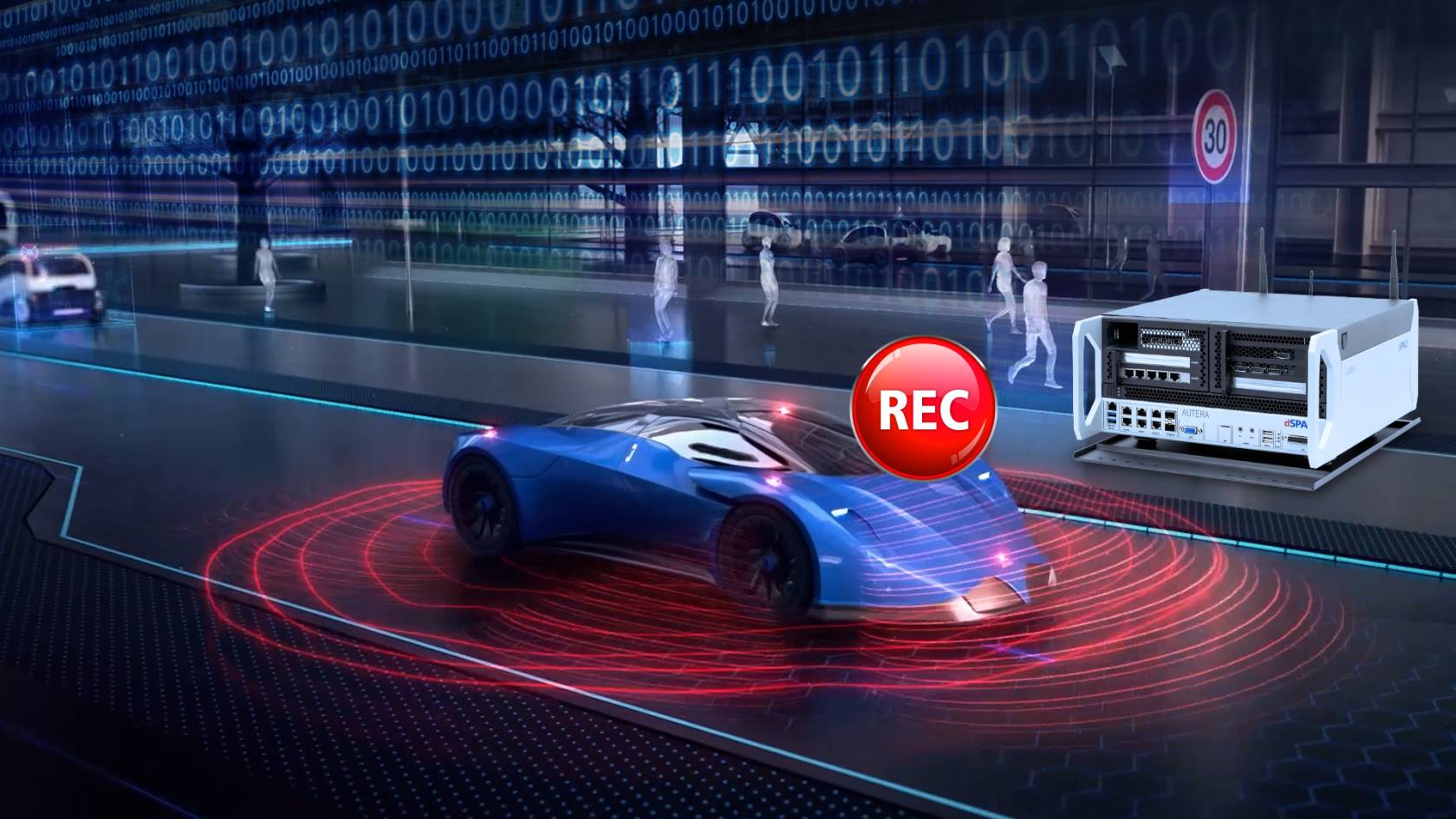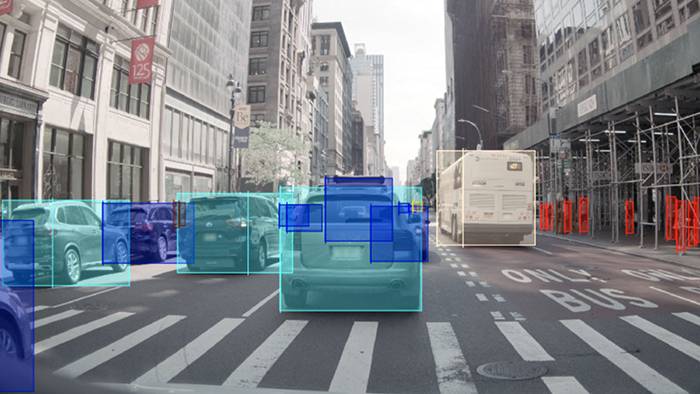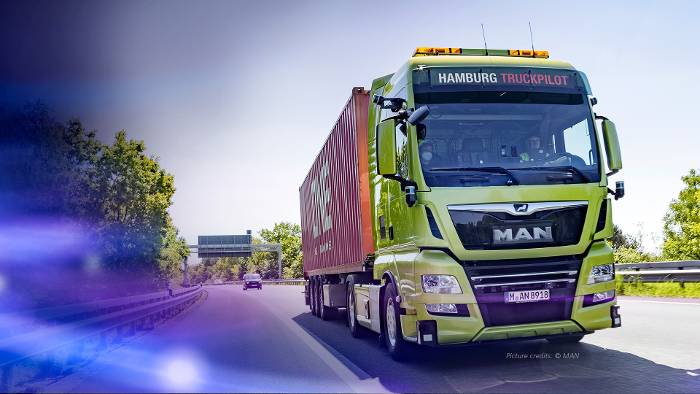Data-driven development is a dominating approach to software development in many industries nowadays. It is an answer to a new era in software development that includes machine-learning as a core component. This new development approach makes development easier, faster, and more efficient because it addresses the new aspects and challenges of developing functions based on artificial intelligence (AI). In the automotive field, the development of ADAS and autonomous driving functions relies on machine-learning models that analyze the complex situation surrounding the vehicle. To develop and configure these models, sample sensor data from real world is necessary – a lot of data. The amount of data is so huge that the preparation of that data actually takes most of the time (and resources) in the development. Consequently, if the resource allocation within the development process has shifted, the focus of the development optimization has to shift as well. If more money is spent on preparation of data than on writing a code, the preparation of the data shall become a focus of cost optimization. This shift of focus is addressed by the data-driven development approach.

Our Solution Highlights
- Integrated data pipeline for continuous development of machine leaning-based functions
- Focus on development of ADAS and autonomous driving functions
- End-to-end tool ecosystem for data-driven development from dSPACE and partners
- Applying AI to reduce costs and simplify processes
Our Solution Offer
Continuous data flow in the data pipeline without bottlenecks on the interfaces is a critical aspect for highly efficient development. dSPACE provides solutions that allow you to implement smooth data flow. Our main areas supporting data-driven development include the following:
Data Logging

Make ADAS/AD data available faster and at lower cost
Data from real traffic situations is the key resource in making autonomous mobility a safe reality. Our mission is to enable your data logging systems to quickly respond to new iterations of training and validation, which in turn will allow for the shortest data cycles. To do this, we provide you with a comprehensive solution for flexible in-vehicle data recording, advanced data insight, and integrated data ingestion.
Data Annotation

Annotation and anonymization with best-in-class quality and automation
The development of ADAS and autonomous vehicle systems requires a huge number of objects and attributes from data recordings to be labeled for subsequent use in the development process. Only a very high level of automation makes these annotation projects feasible within an affordable budget and timeframe. Moreover, the anonymization of faces and license plates within recorded data has become a global requirement. dSPACE, with its group company understand.ai, offers the right solutions to let you meet these tough requirements.
Sensor Data Management

No volume of data is too large if you have an efficient data management tool
Powerful data management helps you centralize, store, search, filter, preview, postprocess, and analyze your recorded data for data-driven development of functions for ADAS/automated driving and other mobility applications. With the dSPACE solution for sensor data management, you will quickly find what you are looking for in petabytes of traffic data.








